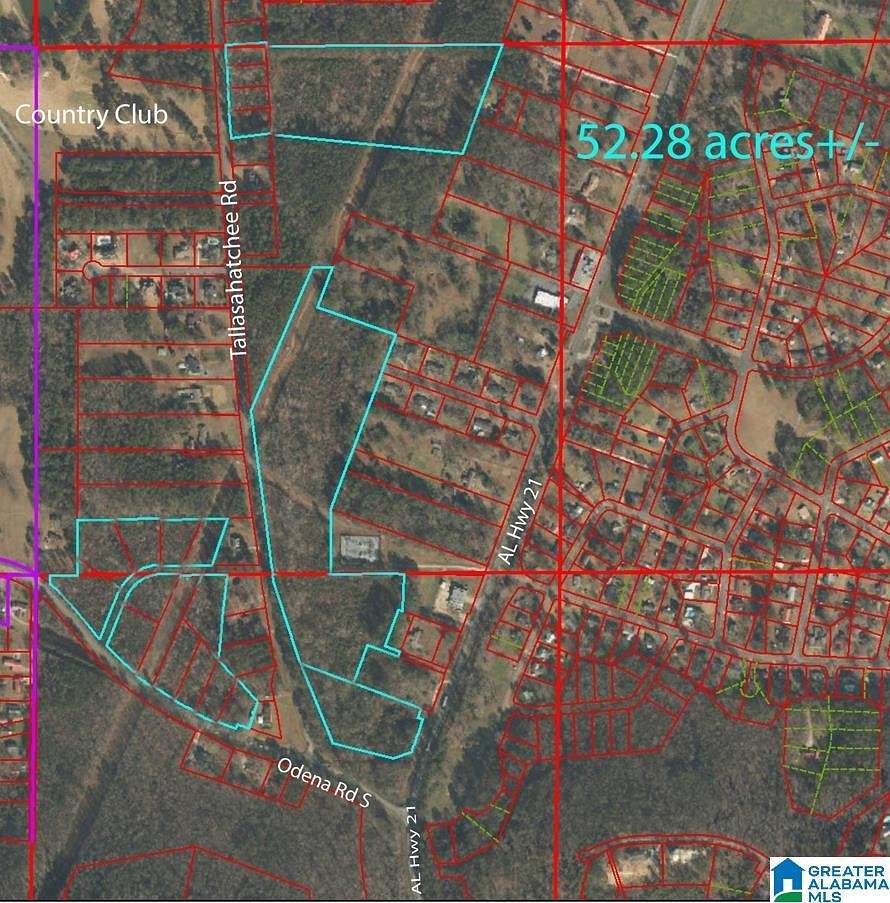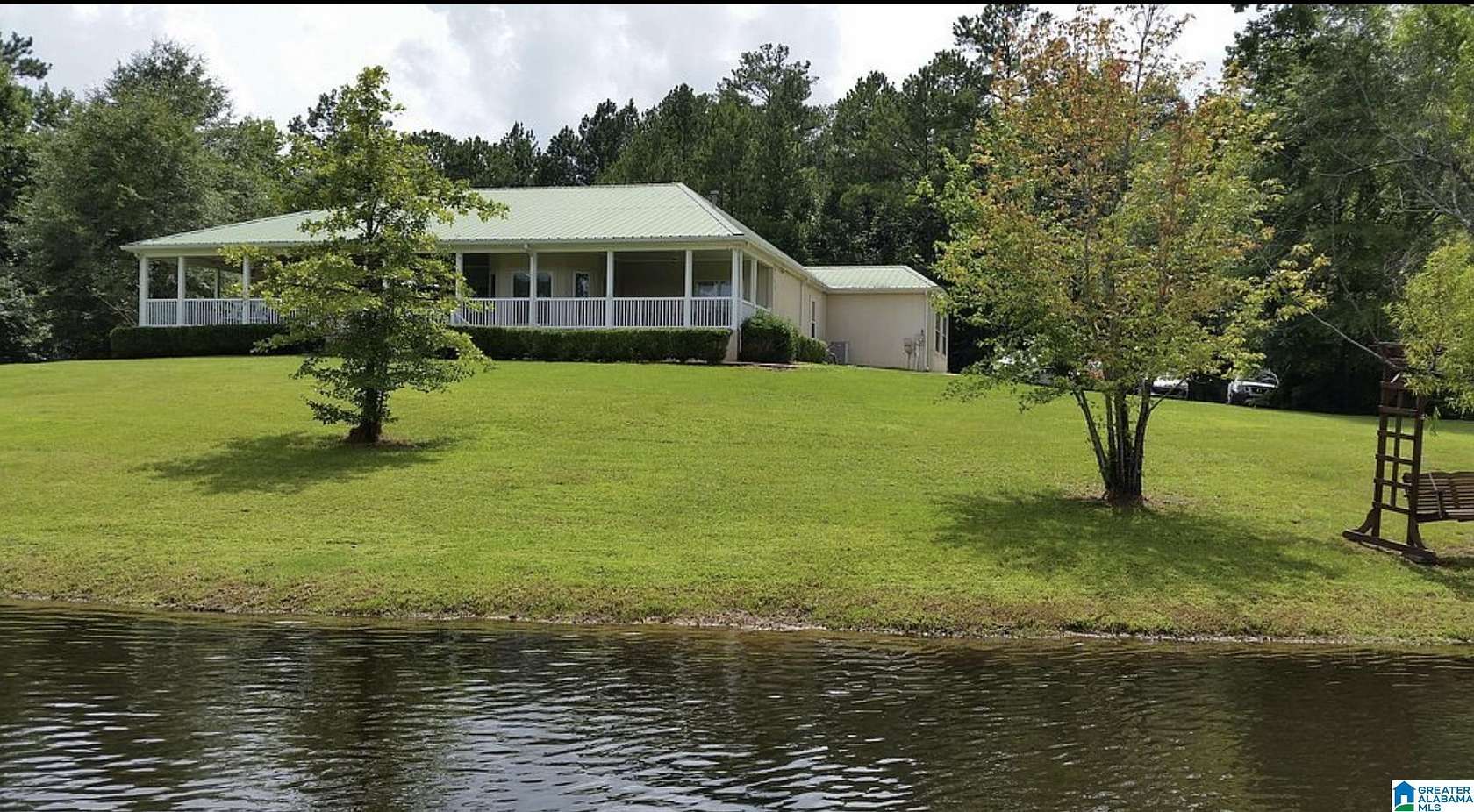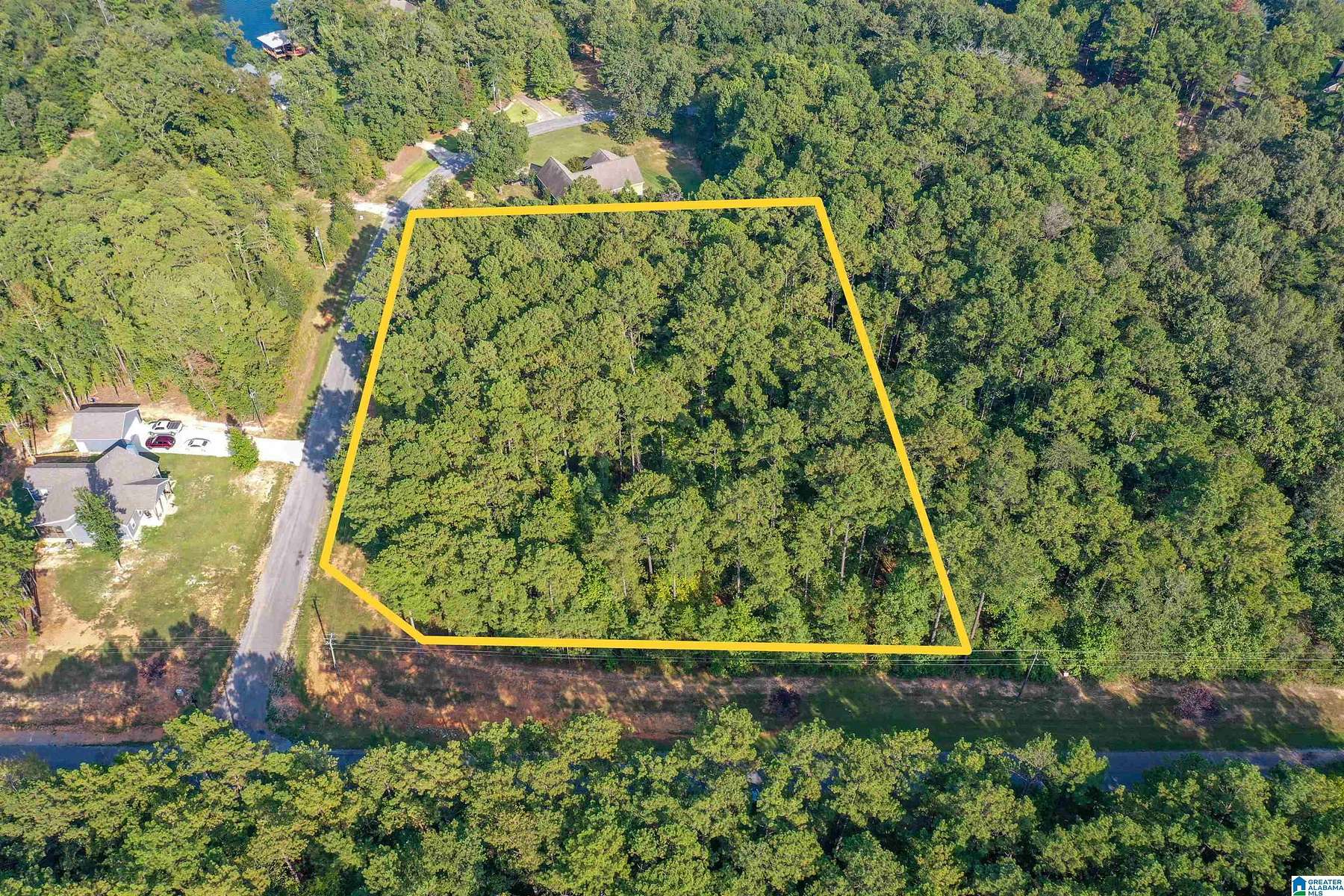Land For Sale In Sylacauga Al – There are communities that exist outside the realm of traditional commerce, where sharing, collaboration, and mutual support take precedence over profit. Websites and apps like eBay, Craigslist, Facebook Marketplace, and Poshmark have made it easier than ever to find second-hand goods for sale, offering a wider selection and more convenience than traditional brick-and-mortar stores. Even objects with little intrinsic value can be sold with great meaning. After the sale is complete, the buyer assumes responsibility for the business and takes control of its day-to-day operations. Brokers are well-versed in valuation, marketing, negotiation, and closing procedures, which makes them invaluable assets in the business-for-sale process. In many cases, sellers may work with business brokers, financial advisors, or accountants to help value the business and identify potential buyers. For those who are passionate about antiques, art, and memorabilia, the second-hand market offers endless possibilities for finding unique and valuable items that can be passed down through generations or added to a collection. The marketplace, for all its flaws, has brought about great innovations. Entrepreneurs can launch businesses from their homes, and freelancers can offer their skills to clients across the world. When a person decides to sell something, they might weigh the pros and cons, debating whether it’s the right time or whether it’s really necessary to part with what they’ve had for so long. Thrift stores often carry a wide variety of goods, from clothing and accessories to furniture, books, and electronics, and each item comes with its own story. Just as with material possessions, when a person is “for sale,” they put their value on display for others to assess. Both the buyer and the seller are seeking the best possible terms, and finding common ground can be a challenge. It can be a metaphor for much deeper exchanges in life. They become part of the story of the buyer and the creator, connecting people to a tradition of excellence, heritage, and care. The environmental benefits of buying second-hand goods go beyond just reducing the need for new production. The role of business brokers and intermediaries has become increasingly important in today’s business-for-sale market. Love becomes about what someone can provide in terms of material or emotional benefit, and friendships become alliances, where loyalty is traded for favor or influence. The concept of quality, however, is not a one-size-fits-all. It carries with it a deep sense of commodification — the idea that every part of our lives, every piece of our history, every corner of our existence, has a price attached to it.

52.3 Acres of MixedUse Land for Sale in Sylacauga, Alabama LandSearch
Land agents near youhighest quality selectionreal estate map search

6.5 Acres of Land with Home for Sale in Sylacauga, Alabama LandSearch
Land agents near youhighest quality selectionreal estate map search

3 Acres of Residential Land for Sale in Sylacauga, Alabama LandSearch
Land agents near youhighest quality selectionreal estate map search

1.2 Acres of Residential Land for Sale in Sylacauga, Alabama LandSearch
Land agents near youhighest quality selectionreal estate map search

2.45 Acres of Land for Sale in Sylacauga, Alabama LandSearch
Land agents near youhighest quality selectionreal estate map search

5.74 Acres of Land for Sale in Sylacauga, Alabama LandSearch
Land agents near youhighest quality selectionreal estate map search

1.82 Acres of Residential Land for Sale in Sylacauga, Alabama LandSearch
Land agents near youhighest quality selectionreal estate map search

Sylacauga, AL Land for Sale 99 Properties LandSearch
Land agents near youhighest quality selectionreal estate map search

1.95 Acres of Residential Land for Sale in Sylacauga, Alabama LandSearch
Land agents near youhighest quality selectionreal estate map search

Sylacauga, AL Land for Sale 99 Properties LandSearch
Land agents near youhighest quality selectionreal estate map search
Many sellers of second-hand electronics offer refurbished items, which have been inspected, repaired, and restored to a like-new condition. Influencers sell their attention, their opinions, their lives — all of it has become a form of commerce. It’s a moment of transition, and as with all transitions, it brings with it both excitement and uncertainty. With the rise of e-commerce, the accessibility of quality goods for sale has expanded exponentially. Social movements and grassroots organizations work tirelessly to provide resources and support to those who need it, often without expecting anything in return. The growing appeal of second-hand goods is also tied to a growing awareness of environmental issues. It’s easy to understand why people seek out quality goods for sale. For sellers, online platforms provide a global marketplace, allowing them to reach a wider audience than they would through traditional brick-and-mortar stores. This practice is an essential aspect of sustainability, as it helps conserve resources and reduces the amount of waste sent to landfills. But even as we wrestle with the implications of living in a world where everything is for sale, we also see that this reality is not entirely negative. For the seller, the goal is often to maximize the value of the business, while for the buyer, the focus is on ensuring that the investment is sound and that the business can continue to thrive under new ownership. They become part of the story of the buyer and the creator, connecting people to a tradition of excellence, heritage, and care. But the price of quality goods can often be a barrier for many. The sale agreement will include details about the purchase price, payment terms, assets being transferred, and any contingencies that may apply. For sellers, the challenge lies in pricing items fairly and accurately representing their condition. The idea that everything has a price, and that everything is for sale, may seem like a grim outlook, but it’s one that has become increasingly true. For environmentally conscious consumers, buying second-hand is not just a cost-effective choice, but a way to make a positive contribution to the planet. These goods, once owned and used by someone else, offer a unique opportunity for both sellers and buyers to exchange items that might otherwise go unused. Second-hand goods for sale have become an integral part of today’s economy, a trend that transcends geographic, economic, and cultural boundaries. Despite the many advantages of buying and selling second-hand goods, there are some challenges that both buyers and sellers must navigate.
On the other, there’s the challenge of assessing the true value of a business, navigating the complex negotiations, and ensuring that the business is a sound investment in terms of both its financial health and its long-term viability. The due diligence process helps the buyer understand the risks involved, the company’s market potential, and any legal or operational hurdles that may exist. The act of selling a home is a deeply emotional process, and when it’s completed, there’s a sense of closure and anticipation for what comes next. For the buyer, there is the risk of inheriting a business with hidden problems or liabilities that were not disclosed during the due diligence process. But in the end, whether it’s an item or an individual, the process of being “for sale” is a negotiation of worth, a moment of exchange. These platforms provide a convenient way for sellers to connect with potential buyers, set their prices, and arrange for shipping or pick-up. For sellers, this creates an opportunity to declutter their homes and make some extra money, while buyers have access to a vast marketplace of affordable, unique, and sustainable products. Art, music, literature — these expressions of human creativity and emotion are not always bound by the rules of commerce. These professionals help connect buyers with sellers, ensuring that both parties are well-informed and that the transaction process is as smooth as possible. Additionally, second-hand furniture allows buyers to find unique items that may not be available in traditional furniture stores. Many sellers of second-hand electronics offer refurbished items, which have been inspected, repaired, and restored to a like-new condition. They are investments, not just purchases, and their value is often felt long after the original transaction has ended. The concept of a circular economy, where products are reused and repurposed instead of discarded, is central to the appeal of second-hand goods. Electronics are another category of second-hand goods that have seen a rise in popularity. In a circular economy, items are kept in use for as long as possible, reducing the need for new resources and minimizing environmental harm. This is particularly important in a world where design has become a central element in consumer decision-making. It carries with it a deep sense of commodification — the idea that every part of our lives, every piece of our history, every corner of our existence, has a price attached to it. Second-hand markets also promote the idea of a circular economy, an economic system that focuses on reducing waste and reusing products. The idea of buying things that were once owned by someone else is no longer considered taboo or lesser; rather, it has become a lifestyle choice for those who want to make smarter, more ethical purchasing decisions. For fashion-conscious individuals, buying second-hand is a way to express their personal style while also supporting sustainable practices.